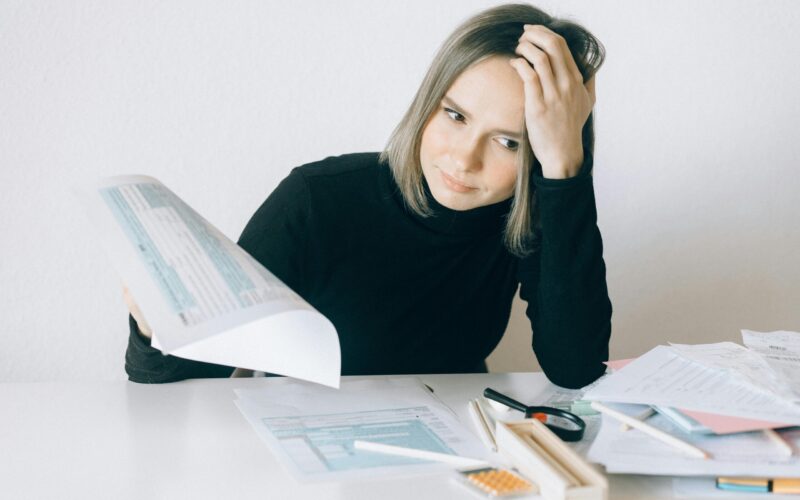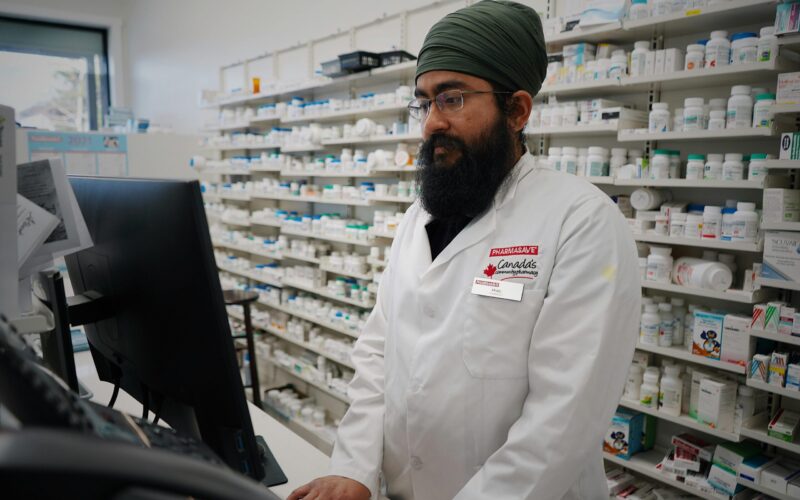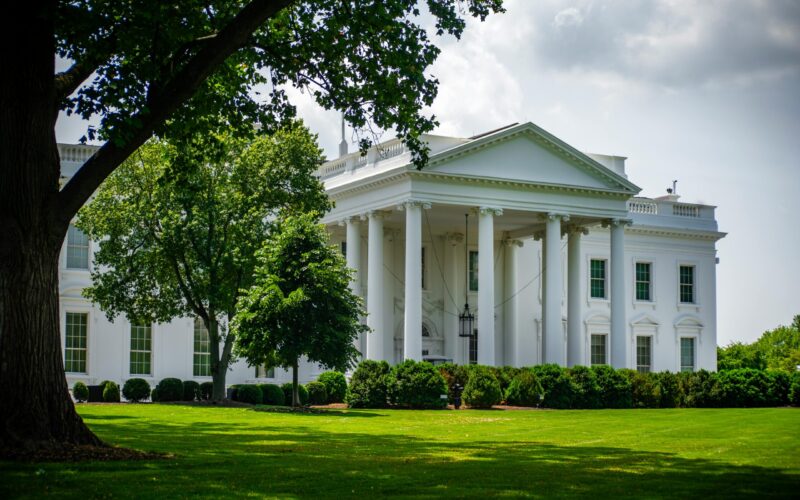According to a report by the CDC, in the US alone around 100 million people are now living with diabetes or prediabetes, but many are unaware of this condition. Those living with diabetes have to monitor what they consume carefully. Alcohol consumption is certainly one area patients with diabetes have to monitor. Alcohol and diabetes are not the greatest combination, but it is possible to have a few drinks and still manage your diabetes.
How does alcohol affect diabetes? Excessive alcohol consumption can prevent your liver from helping regulate blood glucose. Alcohol, depending on the type of drink, can cause spikes in blood sugar levels. Excessive alcohol also interferes with the hormones needed to maintain a healthy blood sugar level.

Alcohol has become a part of a daily lifestyle for many. Be it from relieving a stressful day to sharing a special evening with friends and family. So, this article will give you key insights and useful advice regarding the relationship between alcohol and diabetes, along with some helpful hints and tips for type 1 and type 2 diabetes sufferers.
Also, take a look at our article on 7 Ways to Save Money on Diabetes Medication
How Alcohol Affects Diabetes
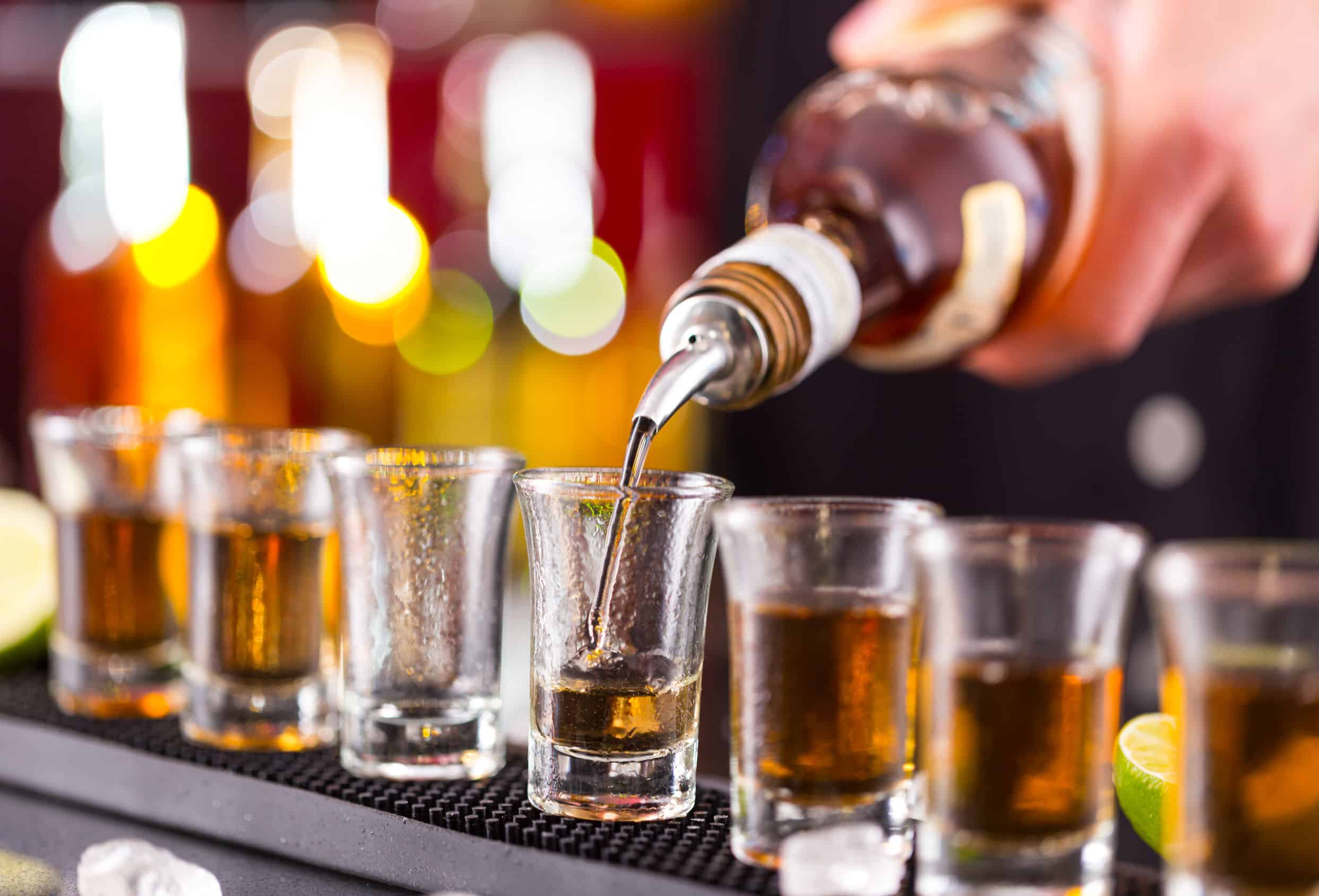
Different alcoholic drinks have different compositions of sugar. This will give varying impacts on your blood sugar level. A single alcoholic drink of about 12 oz. bottle of beer or a medium glass of wine will not have a huge impact on your blood sugar.
However, consuming multiple drinks in a day can cause a rise in blood sugar levels. Typically beers, mixed drinks, wines, and liqueurs will have this effect.
This is the general and the simplest explanation of how alcohol affects diabetes. However, to give you a more medical view of these influences, the following is a detailed explanation on this topic.
The liver is one of the most important organs for blood sugar. It is the liver that is responsible for storing and manufacturing glucose depending on the body’s need.
Insulin is one hormone that signals the liver when to store glucose (when the blood sugar level is high) and when to release glucose (when the blood sugar level is low). As such, when alcohol is excessively consumed, insulin loses its effectiveness in signaling the liver. This will thereby affect the liver is doing its job effectively, in turn, worsening the diabetic condition.
Similarly, when excessive alcohol is consumed, the liver focuses on removing the alcohol from the body. Therefore, the liver drops everything it is doing to focus on the alcohol. This means that it won’t produce glucose if your blood sugar begins to drop.
Alcohol also has the potential to interact with medications prescribed to diabetes patients. Each person’s body has different reactions to alcoholic drinks. So, even if you rarely drink alcohol, it’s better to consult with your doctor regarding this.
On the other hand, as we all know, alcohol damages the liver, be it excessive consumption or not. This is because excessive alcohol tends to damage the liver cells, reducing its overall performance.
This limits the liver from doing its job, even if insulin signals are delivered accurately. As such, the liver will not be able to store or release glucose as per the body’s requirements. This will also worsen the condition of diabetes.
Following are a few symptoms of excessive alcohol disrupting your blood sugar levels,
- Confusion
- Unconsciousness
- Sleepiness
- Blurry vision
- Headaches
- Lightheadedness or dizziness
- Lack of coordination
The consequences of combining excessive alcohol and diabetes varies, depending on the type of diabetes you have. In fact, “Can I combine excessive alcohol and diabetes?” is a common question. So, below, we have a clear breakdown of how excessive alcohol affects the two most common types of diabetes.

How Excessive Alcohol Affects A Person With Type 1 Diabetes
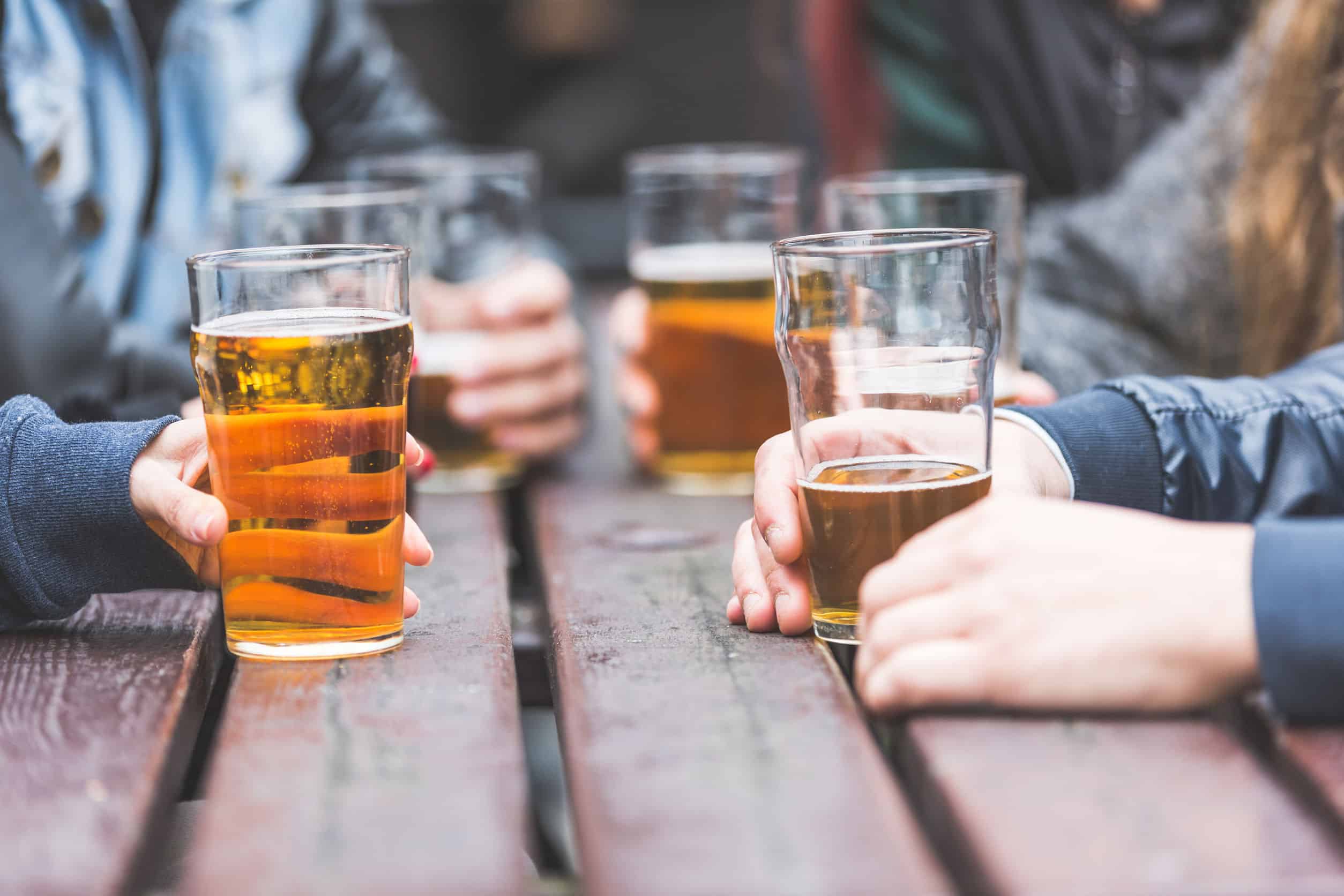
When a person with type 1 diabetes consumes excessive alcohol the risk of its influences are greater. This is mainly because excessive alcohol can cause hypoglycemia (a ‘hypo’) in type 1 diabetic patients. This is where the liver mistakes alcohol to be a toxin that needs to be processed.
And as mentioned previously, this redirects the focus of the liver in getting rid of the alcohol. This will keep the liver busy with a lack of focus in releasing glucose when the body needs it. In fact, the liver will completely lose focus on releasing glucose until the alcohol is completely processed. This will reduce the BGL (Blood Glucose Level) leading to hypoglycemia.
Therefore, a person with type 1 diabetes can experience a hypoglycemic event from the alcohol up to 12 hours after drinking.
Sometimes your BGL can be raised by the amount of sugar composition in the alcoholic drink. However, the BGL level then reduces along with the liver processing the alcohol. So, a common trend in blood sugar when it comes to alcohol and diabetes is a spike followed by a quick drop in one’s blood sugar level.
The few common symptoms of a hypo include shaking, sweating, dizziness, headaches, crying, grumpiness, hunger, and numbness around the lips and fingers. These symptoms may not be easily recognizable, as they may be similar to the effect alcohol has.
When experiencing any of these symptoms, it’s always recommended to check the glucose level. If the BGL is below 4 mmol/L or 70 mg/dL it means you’re experiencing hypoglycemia (low blood sugar). In such situations, the following is recommended.
- Candy
- ½ can of regular soft drink (Not diet)
- 3 teaspoons of honey or sugar
- A ½ glass of fruit juice
A general rule of thumb is to consume 15-20 grams of fast-acting carbs, wait 15 minutes, then check your blood sugar again. If your blood sugar is still low, then consume another 15-20 grams of carbs.
The influence of excessive alcohol on type 1 diabetes needs is unavoidable. Now let’s take a look at type two diabetes and its relationship with alcohol.
How Excessive Alcohol Affects A Person With Type 2 Diabetes
Type 2 diabetes, as you may know, is a condition caused by insufficient insulin. This is either where the body resists the effects of insulin or doesn’t produce enough insulin to maintain normal glucose levels.
You might also know that type 2 diabetes is more likely to develop in people who are overweight. In fact, many believe it is the excess weight that disrupts the balance of effective supply of insulin. This is why most type 2 diabetes patients are advised to exercise regularly, diet, and follow therapies to lose weight.
Alcohol, however, has a high composition of sugar and carbohydrates. As such, when excessive alcohol is consumed it naturally promotes weight gain. In parallel, the sugar composition in alcohol increases the BGL.
However, rising blood sugar cannot be reduced effectively in type two diabetic patients. This is because as mentioned, the core reason behind type two diabetes is the inability to sufficiently supply insulin to reduce BGL. Therefore, excessive alcohol worsens the condition of type two diabetes inescapably.
Even with proper diabetes medications, those with type 2 may find it difficult to keep blood sugar levels controlled with the consumption of alcohol.
As it is clear, be it type 1 or type 2 diabetes, excessive alcohol consumption is not recommended. In fact, on a general level, alcohol consumed in large quantities is never recommended for a healthy lifestyle. This is because as we all know, alcohol has enormous physical and psychological side effects.
Alcohol also poses many risks for longer life. However, despite the warning, drinking alcohol has become a common culture in modern times. So, the best recommendation here is to follow standard guidelines on alcohol consumption limits. This will ensure diabetes patients consume alcohol only within the recommended healthy level.
Alcohol and Diabetes: Guidelines On Alcohol Consumption For Diabetic Patients
It’s always good practice for diabetic patients to keep checking their blood sugar levels. Individuals with diabetes should practice checking their blood sugar even more often when combining alcohol and diabetes.
It is crucial for those with type 1 diabetes to carefully monitor their blood sugar prior to going to bed if they have consumed alcohol. This is due to them being at a higher risk of having severe low blood sugar during the night. Low blood sugar at night can be extremely dangerous, as the individual runs the risk of not waking up from the symptoms.
The government highly recommends for everyone not to regularly be engaged in excessively drinking alcoholic drinks, as it can be addictive. Specifically, diabetic patients are recommended to never regularly drink more than 14 units (i.e. 6 pints of beer) a week. This is the minimum limitation stated to reduce the health risks of alcohol effects on diabetes at a lower level. This minimum consumption level applies to both men and women.
However, the size of the glass and the type of alcohol can also influence these minimum levels. So, it’s always recommended to consider such factors before consuming alcohol.
According to the Centers for Disease Control and Prevention (CDC), one standard drink in the U.S. is equal to 14.0 grams (0.6 ounces) of pure alcohol. Whereas drinks such as beer and wine tend to have alcohol content anywhere between 2-20 percent. On the other hand, drinks such as spirits or liquor tend to have alcohol content anywhere between 40-50 percent. They also can have more alcohol depending on the brand.
For a better understanding, below is the alcohol content in common alcoholic drinks (equal to one drink). These numbers are listed according to the CDC.
- 12 ounces of beer – 5 % alcohol content
- 8 ounces of malt liquor – 7 %alcohol content
- 5 ounces of wine – 12 %alcohol content
- 1.5 ounces or a “shot” of 80-proof spirits or liquor – 40 % alcohol content
As such identifying the alcohol content in the drink can help limit the alcohol intake to the minimum recommended.
And to make controlling your alcohol intake even easier for you, below are few tips you that you can consider.
Hints and Tips For Individuals With Diabetes When Drinking Alcohol
- Never drink on an empty stomach or when blood sugar is low. This will tend to reduce blood sugar levels even further.
- Never replace food with alcohol in a meal plan. Especially as alcohol has carbohydrates, never replace your carbs with alcohol.
- Never mix alcoholic drinks and cocktails. Alcoholic drinks tend to have a mixed composition of sugar and empty calories on its own. And when mixed with a cocktail, this will tend to raise blood sugar greatly.
- Sip on your drinks slowly, to reduce the intake.
- Keep yourself hydrated with low-calorie or zero-calorie drinks. Mainly drink water.
- Be specific on heavy craft beers as they tend to have more alcohol and calorie content than lighter beers.
- Always choose calorie-free drinks, like diet soda and diet tonic water after an alcoholic drink. This will regulate the calorie already absorbed into your system with the alcohol.
Although it’s impossible to follow the minimum consumption and other standard alcohol and diabetes guidelines appropriately all the time, patients are highly recommended to follow simple tips that minimize the intake or impacts.
It’s clear, given the influence of excessive alcohol on the liver and other hormones like insulin, that excessive alcohol and diabetes is not a recommended combination.

Conclusion
We hope this has given you greater insight into alcohol and diabetes. If you have farther questions regarding your specific condition, speak with your healthcare provider.
If you’re having trouble affording any of the medications you’ve been prescribed, contact us. Enroll with us and pay just $70.00 a month through Prescription Hope’s medication access service for each of your medications.
